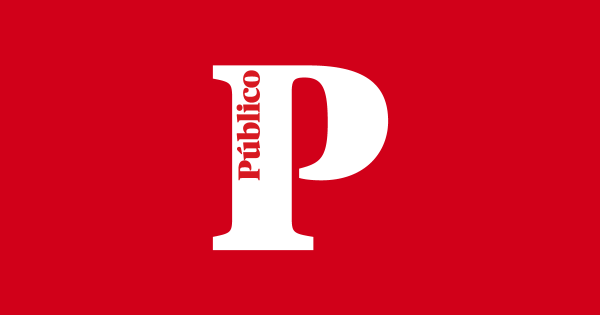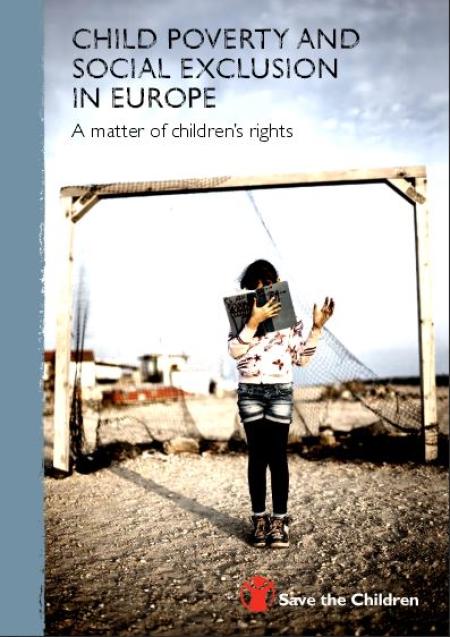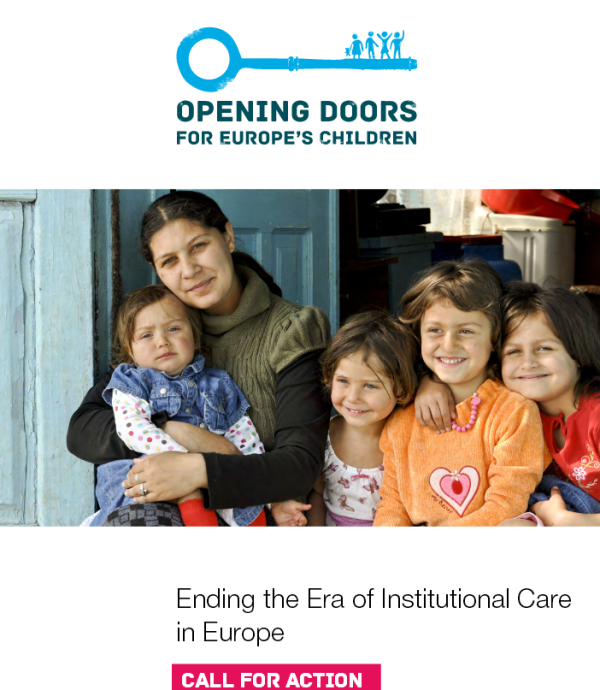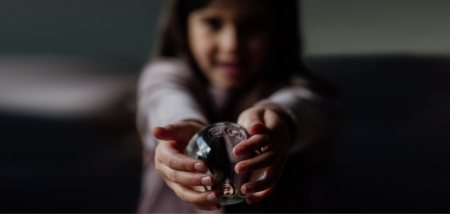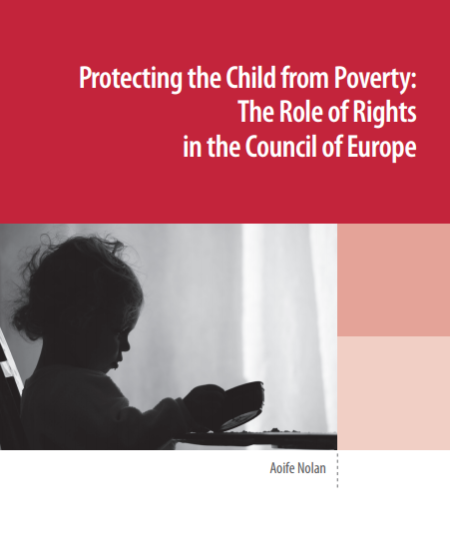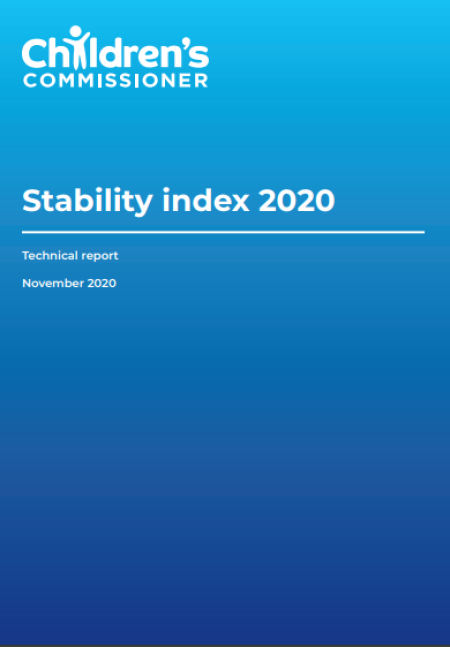
Those of us working with and for children across Europe struggled to identify with President von der Leyen’s second State of the Union address to the European Parliament on September 15.
Von der Leyen spoke with pride of Europe’s win in the vaccine race, but we know from children’s rights organisations in Romania who form part of the pan-European Eurochild network that children are being sent home from school for another season of online learning – that is, if they’re lucky enough to have computers and a good enough internet connection at home.
The president talked about Europe's unity when, in fact, the governments in Czech Republic and Hungary continue to challenge children’s rights, even though protecting these very same rights is an explicit objective of the European Union since every member state has signed and ratified the UN Convention on the Rights of the Child.
What do children’s rights advocates in the Eurochild network say about the real state of the EU?
We hear them say that children and young people are facing a mental health crisis across Europe. We hear COVID-19 has exacerbated levels of domestic abuse and violence against children, and the long-term impact is difficult to comprehend. We hear that while there was already one in four children growing up at risk of poverty before the pandemic, this number is now likely to be much higher. We hear that an acute digital divide persists across Europe. We hear that families are fearful of the future and that many will struggle to heat their homes this winter. We hear that our child protection systems are under pressure and children are often more damaged than cared for in public care.about:blank
Social inequality is on the EU radar. In her speech, President von der Leyen did refer to the European Pillar of Social Rights and the ambitious action plan adopted by the Member States earlier this year.
Eurochild particularly welcomed the European Child Guarantee Initiative that the European Council adopted under Portugal’s EU Presidency. We were also pleased to see the European Commission adopted its first-ever comprehensive strategy on the rights of the child. We are hopeful this will be endorsed by Council later this autumn.
However, we have to be careful in being too celebratory about such commitments, important though they are. It is delivery on the ground that matters most. This requires determination and commitment of resources, something some EU countries currently find all too easy to sidestep if it doesn’t meet their own national agenda.
So, while we might welcome the announcement of a new EU Care Strategy, let us be cautious about leaning too much into yet another EU initiative, without having the necessary means by which to hold member states accountable for their implementation.
The level of child poverty across Europe today is unacceptable and unnecessary. Child poverty is a burden on Europe’s future prosperity and stability. We can and must do better.
The European Child Guarantee initiative requires EU member states to "guarantee" children effective and free access to essential services, such as early childhood education and care, healthcare, education, nutrition, housing, as well as culture and leisure activities. It singles out particularly vulnerable children, such as those in precarious family situations, those with a migrant or ethnic minority background, children with disabilities, LGBTI+ children or children at risk or in alternative care.
"The level of child poverty across Europe today is unacceptable and unnecessary."
Marie-Louise Coleiro Preca
The initiative must trigger national investment, as well as make better use of EU money. It is encouraging, for example, to know that Malta has, for some years now, introduced free early childhood education and care for all working mothers, while in Portugal the child guarantee has catalysed the introduction of a new policy guaranteeing free access to early childhood education and care to low-income families with children under three. National plans under the EU's €750-billion recovery fund are also a promising opportunity to invest in the next generation.
Unfortunately, Eurochild's analysis of these plans shows children are rarely prioritised. Short-term thinking continues to prevail. Without proper investment to ensure all children are able to reach their full potential, Europe cannot hope to build a sustainable, inclusive economic recovery.
Finally, we must ensure the EU Strategy on the Rights of the Child gets the resources it needs for meaningful delivery. It is simply not enough to have words on paper. It needs to be followed through and followed up, including ensuring accountability mechanisms to challenge those member states which fail to comply with EU values.
If our EU leaders were more honest in assessing the reality, it would be easier to rally support from those who stand up for the bloc's mission and values. The European Union is a powerful force for good. But papering over the cracks does no one any favours.
President von der Leyen said we should be inspired by the young generation and be bold in our values and action. I think children would also tell you "honesty is the best policy".
Opinion piece penned by Eurochild's President, Marie-Louise Coleiro Preca, originally published on Euronews.


